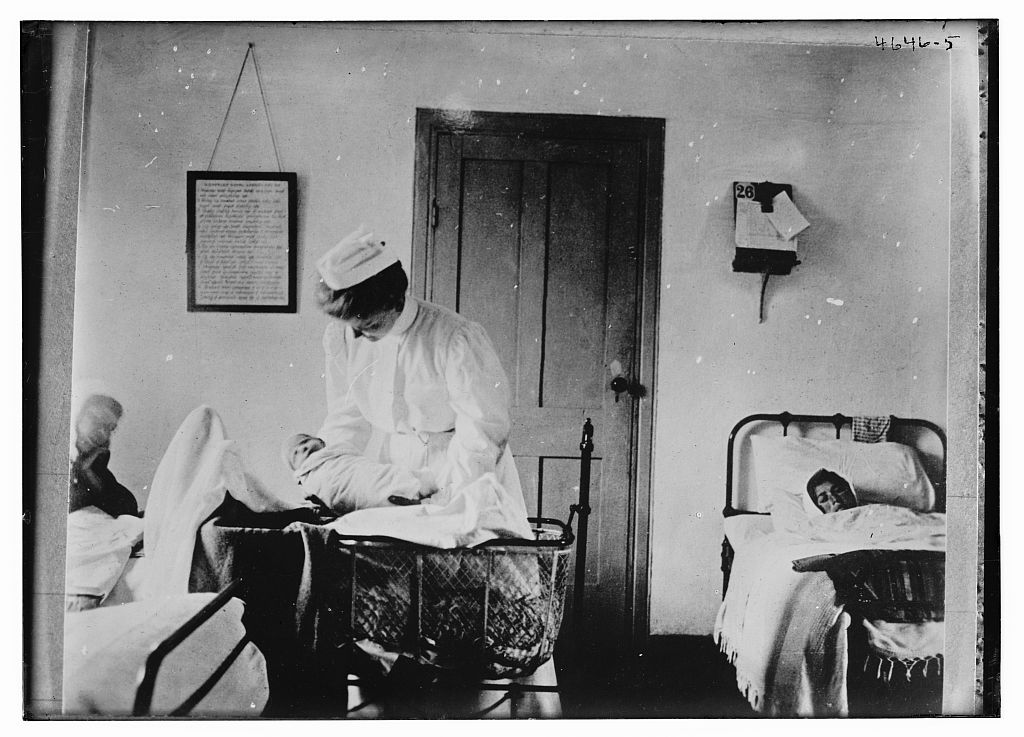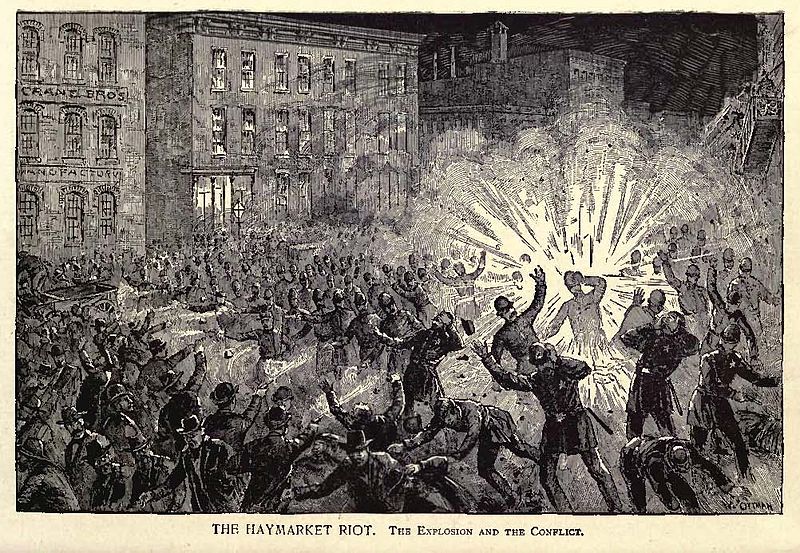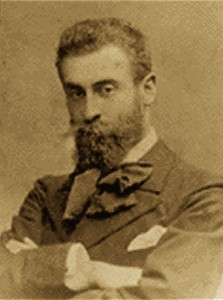Tag: May
Celebrating National Wine Day

May 25th is National Wine Day! In celebration, Berghahn would like to spotlight our relevant books and journal articles.
Continue reading “Celebrating National Wine Day”International Day of Families

In the 1993, May 15 was declared as International Day of Families by the United Nations to provide awareness of family related issues and to increase the knowledge of the social, economic and demographic processes affecting families. This year’s theme is Demographic Trends and Families.
In recognition of the day, Berghahn is pleased to highlight family related books and journal articles.
Continue reading “International Day of Families”In recognition of VE Day
Victory in Europe Day is the day celebrating the formal acceptance by the Allies of World War II of Germany’s unconditional surrender of its armed forces on Tuesday, 8 May 1945, marking defeat of Nazi Germany and the end of Second World War in Europe.
In recognition of the day Berghahn is pleased to offer a selection of our WWII History books, including a selection of Open Access titles. In addition, Berghahn Journals would like to highlight relevant special issues from select history journals.
Continue reading “In recognition of VE Day”Excerpt: Time and Midwifery Practice

The International Day of the Midwife (5 May) has been celebrated every year since 1992, recognizing the vital role midwives play in reproductive care. This year’s theme, Follow the Data: Invest in Midwives, focuses on coming together as a global midwife community to advocate for investment in quality midwifery care around the world, improving sexual, reproductive, maternal, newborn, child and adolescent health in the process. To learn more and get involved, visit the International Confederation of Midwives’ official site.
In commemoration, we are featuring an excerpt from CHILDBIRTH, MIDWIFERY AND CONCEPTS OF TIME edited by Christine McCourt.
Continue reading “Excerpt: Time and Midwifery Practice”
The 75th anniversary of the founding of the East German film studio DEFA
Elizabeth Ward
On 17 May 1946, the Deutsche Film-Aktiengesellschaft (DEFA) was officially founded. Over the course of the following four decades, the studio produced nearly 700 feature films, as well as hundred of animation and documentary films. By the time it was finally privatised and sold following German reunification, DEFA was one of Europe’s largest film studios.
Continue reading “The 75th anniversary of the founding of the East German film studio DEFA”Sofia Coppola: The Surface of The Image is Political

In the spirit of esteemed director Sofia Coppola’s fiftieth birthday on 14 May, 2021, we are delighted to share an excerpt of the introduction to Anna Backman Rogers’ award-winning title Sofia Coppola: The Politics of Visual Pleasure.
Continue reading “Sofia Coppola: The Surface of The Image is Political”Marcel Mauss, a gift to the social sciences
Marcel Mauss (May 10, 1872—Feb. 10, 1950), celebrated author of The Gift and nephew of Émile Durkheim, was a French sociologist and anthropologist whose contributions include a highly original comparative study of the relation between forms of exchange and social structure. His views on the theory and method of ethnology are thought to have influenced many eminent social scientists.
In the spirit of his birthday, we are delighted to present volumes from the Publications of the Durkheim Press series, with special attention to The Nature of Sociology and Techniques, Technology, and Civilization. Recently released in paperback, these volumes offer students an ideal introduction to Mauss’s writings and theories.
Continue reading “Marcel Mauss, a gift to the social sciences”
Karl Marx as a Young Journalist
By Rolf Hosfeld
Excerpted by Karl Marx: An Intellectual Biography by Rolf Hosfeld, Translated from the German by Bernard Heise
Karl Marx was born May 5, 1818. As a young man he was a journalist and an editor for Rheinische Zeitung, a liberal-socialist newspaper published in Germany. The paper was previously edited by Adolf Friedrich Rutenberg, who favored opinionated feuilletons, before Marx replaced him and gained recognition for his practical, evidence-based approach.
Moses Hess was the first communist Karl Marx personally encountered. Both were from the Rhineland, came from bourgeois families, and were under the influence of Hegel’s philosophy. Marx made an “imposing impression” on Hess upon their first acquaintance in September 1841. After their initial encounter Hess had the sense of having met the “greatest, perhaps the only real philosopher now living,” one who would soon—Hess was referring here to the lecture halls of Bonn University—“draw upon him the eyes of Germany.”
Continue reading “Karl Marx as a Young Journalist”
Titles for May Day

May Day, also called International Workers’ Day, is observed in many countries on May 1. It commemorates the historic struggles and gains of worker and labor movements worldwide.









